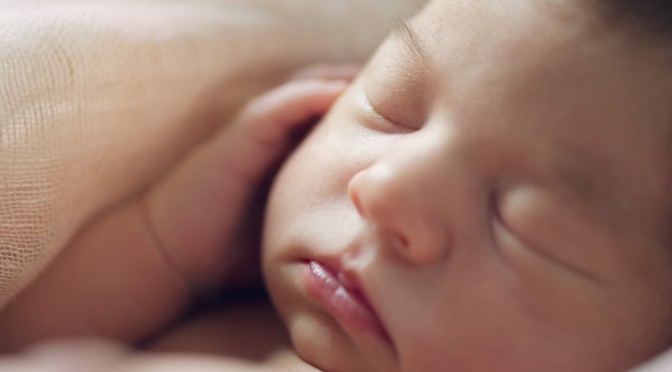We are living at a time when a large segment of the world — particularly societies in Europe, North America and Asia — no longer views having children as something desirable or worthwhile. Whereas before, remaining childless was something people often felt shame over, even if it was through no choice of their own, we are now living at a unique historic moment in which many people proudly broadcast the fact that they have no children as something to celebrate or be proud of.
Of course, there are many people in between, who want to have children, but can’t, for biological reasons, or who want to have children, but just feel too economically squeezed to make it work. But the overall pattern is clear: the more having children becomes undesirable or becomes viewed as “impractical”, the more we are seeing a population implosion.
Many societies across the globe are seeing their average birth rates dip well below population replacement level. This 2021 “Our World in Data” map (based on World Population Prospects data published by the Population division of the United Nations’ Department of Economic and Social Affairs) indicates that outside of Africa, there is a relatively small handful of countries that continue to have birth rates above replacement level — and in case you’re curious, none of those countries are in Europe or North America, nor do they include Russia, China, Japan, or India.
LifeNews is on TruthSocial. Please follow us here.

This turn of events raises some very serious existential and pragmatic questions, questions of the sort that our current political and media system may not be sufficiently mature to grapple with. First, why is having children viewed so negatively that many people either avoid it or put it off as long as possible? Second, why do people present not having children as if it had some special merit, or was something to be celebrated? Third, what does the decline in births mean for the future of Western societies and cultures?
Why is having children viewed so negatively?
Let’s begin with the negativity surrounding pregnancy and child-rearing. As a second-time father, I can understand from seeing the pregnancy of my wife, that pregnancy is difficult, to put it politely. As a parent of two small children, I fully understand that rearing children and preparing them to face the world is incredibly demanding, and emotionally stressful at times.
But there are many things we do in life that are incredibly demanding and involve overcoming fears, coping with anxiety, and stretching ourselves beyond our previous limits, from professional sports to highly competitive jobs; yet, we see these demands as challenges, not turn-offs, because we perceive a reward in taking on such tasks, or view them as socially important.
Why not extend that logic to child-bearing and child-rearing? Why do we focus on the cost, stress, anxiety, and other downsides of having children, while essentially discounting, or undercounting, the immense privilege and joy associated with the task of bringing new children into the world? Is it because we do not have good role models of happy and fulfilled parents?








